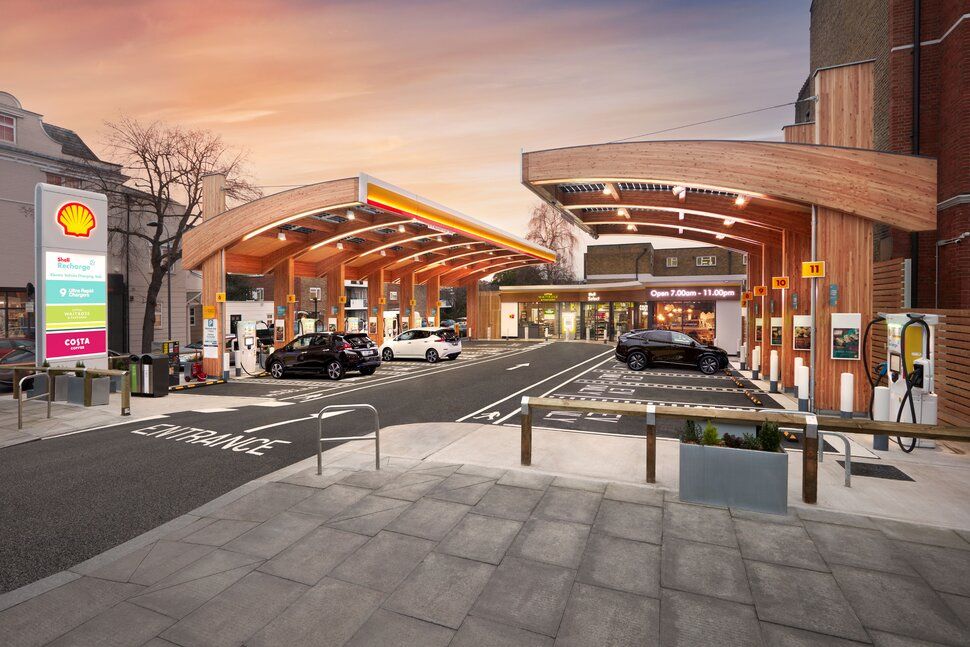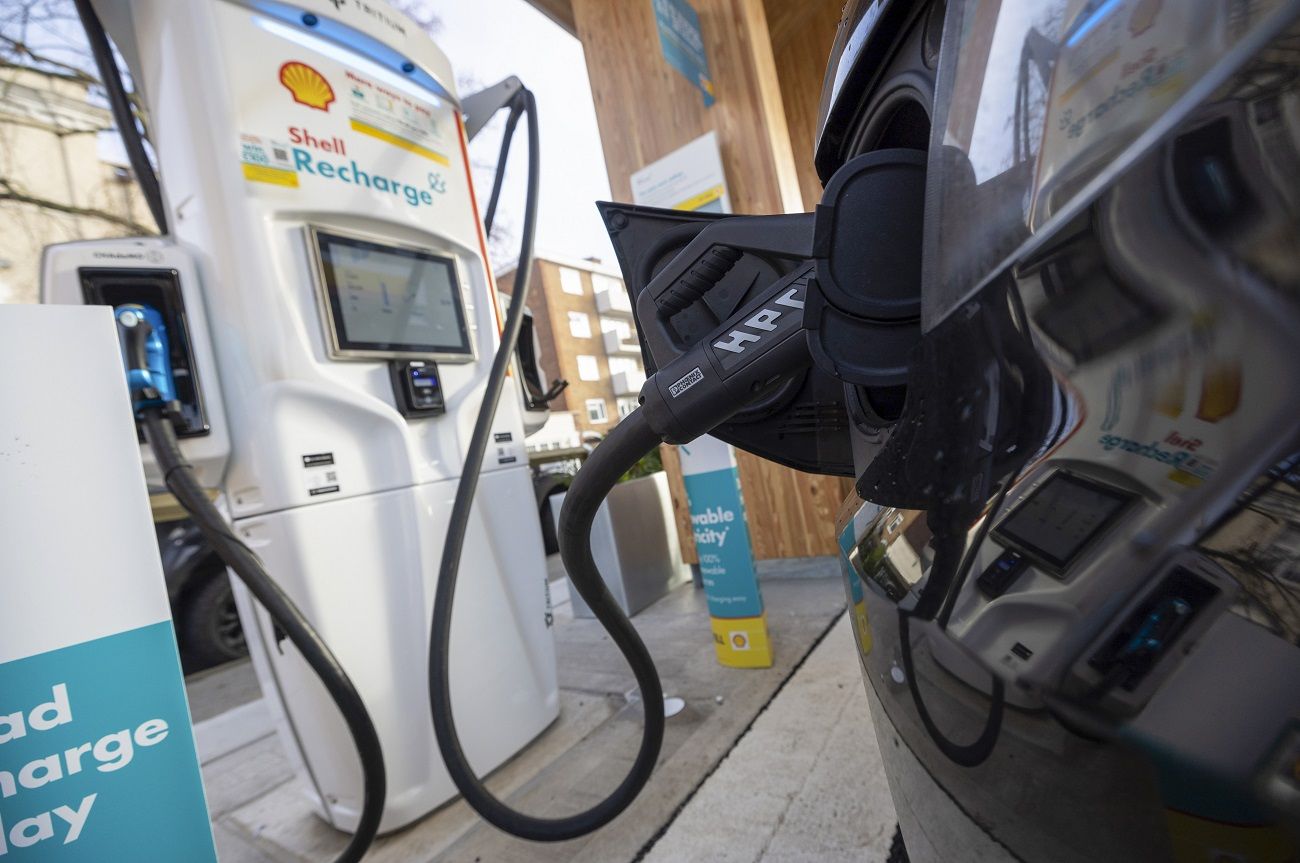Electric vehicles are growing in number every year, and the last company that you would expect, oil giant Shell, has decided that they want a piece of the action. Per a recent press release, Shell USA, a subsidiary of Shell plc, has agreed to acquire 100% of the outstanding shares of Volta Inc. stock in a deal valued at approximately $169 million. Volta’s assets include a network of more than 3,000 charging stations across 31 US states and territories, with an additional 3,400 charge points under development.
Besides providing a charging service, Volta generates advertising revenue from screens embedded into the charge point. That revenue must be significant because many Volta charging stations were free to use, thanks to the profitability of their electronic screens. It seems highly unlikely that Shell will retain Volta's fee-free structure, though there has been no confirmation from the company about that as yet.
Shell Has Been Quietly Buying Charging Stations For Years
In reality, the recent Volta purchase only represents Shell's latest investment into the EV space. As far back as 2017, Shell purchased EV charging network NewMotion, followed by Greenlots in 2019, and Ubitricity, the largest player in the UK, in 2021. Shell's involvement in this segment may have slipped under the radar of most car enthusiasts because these aforementioned charging networks continued to operate under their former branding. But in late 2022, Shell started rebranding all of these different venues, totaling more than 50,000 worldwide, to Shell Recharge. Incredibly, Shell aspires to grow the number of locations tenfold by the year 2025.
According to a statement last year: “Shell has committed to becoming a net zero emissions business by 2050 or sooner, in step with society, and to operating 500,000 chargers globally by 2025. As Shell Recharge Solutions, the company will bring the EV charging expertise and solutions that will help ensure delivery on these transformative commitments and accelerate continued expansion of electric mobility in North America.”
As if that’s not enough, Shell is also getting into the home charging business, having recently licensed the Recharge name to a company called Sky Intelligent to manufacture and distribute a level 2 portable charger.
How To Use Shell's Recharge Stations
Of course, the first step is locating a station, which can be done using the Shell Recharge app on your smartphone or by visiting the Recharge website. At present, the network in the United States is admittedly porous, with only about 3,000 Shell-branded locations, mostly in Washington, DC, Washington state, Florida, and California. Fortunately, while the Shell network is being fleshed out, Shell has a reciprocal agreement with other providers, notably ChargePoint and EV Connect, that gives access to hundreds of thousands of chargers across America through the Shell Recharge app at no additional cost. Residents of the EU and UK will find a much wider selection of Recharge stations.
Once at the station, drivers can either enter the station ID number or scan a QR code for the station, followed by inputting the connector number for the individual charger they’ve selected. Pricing will display on the app, then the app will track the progress of your charge. When finished, simply press "stop charge" and disconnect from the charging station. For payment, Shell offers a Recharge card which bills the cardholder monthly like a regular gasoline card. Funds can also be preloaded onto the app or the app accepts regular credit cards for payment as well.
BP Is Joining The Party, Too
Last year, the Biden administration proposed a new program entitled the National Electric Vehicle Charging Network, a $5 billion program with the goal of providing a minimum of 4 fast chargers every 50 miles along America’s major highways to reduce "range anxiety" that some EV drivers experience on long journeys. This was closely followed by the Inflation Reduction Act, which also offers financial incentives for electric vehicles. So it’s no wonder that EV charging has suddenly become a hot topic.
To wit, Shell’s fossil-fuel competitor, British Petroleum, or BP for short, also jumped on the bandwagon last week by placing the largest order ever with charger manufacturer Tritium. Although the exact number of chargers that BP purchased hasn't been disclosed, the units themselves are likely to be Level 3 DC fast chargers, which is Tritium's specialty. Although Tritium is an Australian company, the chargers to fill BP's order will be manufactured at Tritium's new U.S. factory in Tennessee, which opened in August 2022. Clearly, oil companies like Shell and BP are not sitting idle during the electric car boom. It's obvious that they want to continue to sell you energy for transportation, in whatever form that may be.



